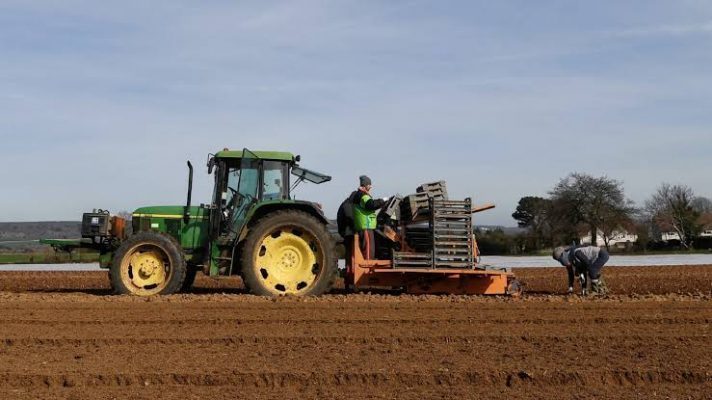For some time now the agriculture sector in South Africa has been crippled by insufficient and incoherent policies regarding disaster relief for farmers. To such an extent that farmers whose farms fall victim to fires like those who have recently ravaged thousands of hectares of land in the North West, eastern Free State, Gauteng and large parts of the Eastern Cape, more often than not receive little to no support from the government. While valuable plantations in Limpopo and Mpumalanga have been lost and orchards have suffered irreparable damage, farmers must make due with whatever funds civil organisations can raise as disaster relief.
These disasters, and subsequent lack of relief from the government, even encompasses those who were beneficiaries of land reform. These farmers are struggling to keep their heads above water after the extensive damage caused by the fires. Many farmers fences have been destroyed, livestock and wildlife have been killed and in the Lowveld-region farmers have lost sheds, vehicles and equipment in devastating runaway fires.
The recent black frost on potatoes in Limpopo and the floods in the Western Cape that drowned crops, fields, vineyards and orchards have left farmers with no capacity to bridge the financial gap between these natural disasters and what is needed to get back on their feet again.
“Farmers need to repay loans for the seed, fertilizer and diesel that may or may not have been used, but nevertheless been destroyed. And apart from paying back these loans, they must once again be in a position where they can set up the next crop as the planting season is at hand. But without the much-needed relief that government-backed disaster schemes can lend, many farmers have only one option – a mass exodus from farming,” says Dr. Theo de Jager, Executive Director of Saai.
“The loss of big groups of farmers from certain areas will have an impact on food security in small communities and the businesses that operate in those communities. It will impact the local economy and job opportunities in the area. This is why a solid policy on disaster relief for farmers is of the utmost importance to the agricultural sector. However, in South Africa, disaster relief is a luxury because most of it has been driven by private initiatives rather from the government.”
The biggest disaster relief scheme in South Africa is Manna vir die Boere, which consists of several organisations who coordinate and pool their resources in an effort to enable as many farmers as possible to continue farming. These organisations include Saai, Agri NW, AfriForum, Gift of the Givers, Caring Daisies, Save the Sheep, Boere in Nood, Droogtehulp and TLU SA. Manna vir die Boere has the ability to move donated goods, feed, fodder, and livestock to the areas that need it most. But the impact of the recent disasters could’ve been significantly less if the government rendered its much-needed financial assistance. In a province like the Western Cape, much has been done by the provincial government to try to keep farmers on their farms and to revive their enterprises again. This made the crucial difference. There are farms on the border of the Western Cape who were lucky to have survived thanks to the provincial governments’ assistance, whilst their neighbours in another province could not survive it.
“The formation and early successes of the Government of National Unity in South Africa has brought about a lot of hope that much-needed policies with regards to farming and disaster relief will receive better attention,” says De Jager. “A state backed input replacement insurance scheme that protect both small- and large-scale farmers from financial losses if their essential farm inputs, like seed, fertilizer, or pesticides, are damaged or destroyed, can go a long way to address the void in the national strategy for disaster relief for farmers.
“But a large part of the solution lies in public and private partnerships, and policy makers would be wise not to reinvent the wheel, but to work closely with those networks such as Manna vir die Boere, which have been doing the job the government has neglected up to now. By involving and incorporating existing private initiatives in the formation of policies and implementation of disaster relief, scarce resources can be stretched so much further.”








